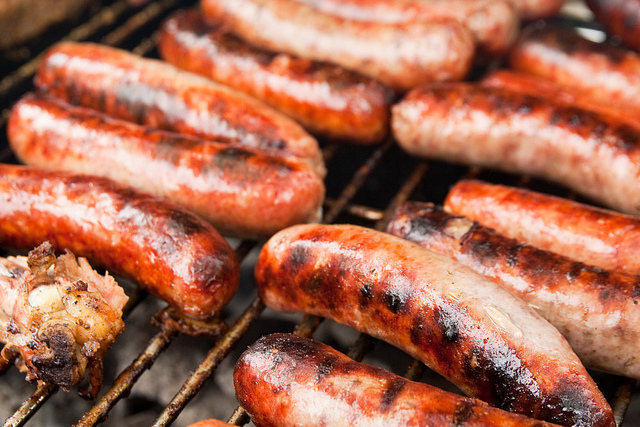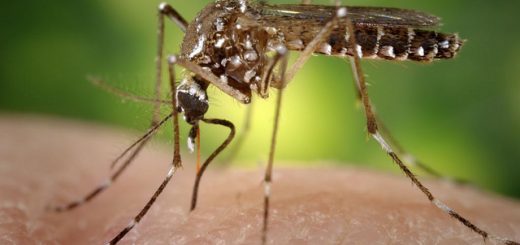A Recipe to Reduce the Risk: Making Processed Meats Healthier

It wasn’t the first time we heard about processed meats being associated with certain types of cancers, but the recent announcement from the World Health Organization (WHO) has made many of us think twice before having a fry-up for our next brunch. The WHO officially categorized processed meats as group 1 carcinogens, which is in the same category assigned to cancer-causing substances such as tobacco, arsenic, alcohol and asbestos1.
But what exactly are processed meats and why are they bad for us? Processed meats include bacon, sausages, ham and salami. These are red meats that have been cured, salted, smoked, or preserved to change the taste or to extend the shelf life2. The exact method by which processed meats cause cancer is still to be determined, but the main culprits are chemicals, such as nitrates and nitrites, that come from the salts and additives responsible for killing bacteria and changing the colour – from grey to the distinctive pink – in the meat. Once broken down in our gut, they form N-nitroso compounds that are known to damage DNA of the cells that form the inner lining of the colon3.
While scientists continue to carry out investigations to find a direct cure for cancer, making processed meats healthier has now become the leading topic of interest for the world’s food researchers. In fact, a group in Sweden is already close to doing so. Researchers from Lund University are trying to make sausages healthier by giving them the potential to reduce the risk of colon cancer. These sausages are intended to be good for you as they contain antioxidants, which supposedly combine the benefits of fruits and vegetables with that of eating meat, making the meat safer to consume. The antioxidants would remove the waste products that cause damage to the DNA from your body, thus reducing the risk of developing colon cancer4.
The main aim of the EU-funded project is to minimize oxidation in processed meat products, which should, as a result, lead to a reduction in colon cancer cases. However, as of yet, these sausages are still in the early process of being developed, and subsequent animal testing is required to determine whether or not there is a reduction in the occurrence of cancer from consuming them. Thereafter, the sausages will undergo further testing to make sure that they are safe and beneficial for humans. The whole idea is to still be able to eat sausages without feeling guilty. If the development process goes according to plan then we can look forward to enjoying sausages for brunch again, as well as their added benefits to our health5.
Edited by Debbie Nicol
References
- International Agency for Research on Cancer. (2015, October 26). “Press Release, IARC Monographs evaluate consumption of red meats and processed meat.” World Health Organization. Retrieved from: http://www.iarc.fr/en/media-centre/pr/2015/pdfs/pr240_E.pdf
- Hyslop, L. (2015, October 27). “Is there such a thing as healthy bacon or sausages?” The Telegraph. Retrieved from: http://www.telegraph.co.uk/food-and-drink/news/how-unhealthy-are-processed-meats/
- Dunlop, C. (2015, October 26). “Processed meat and cancer – what you need to know.” Cancer Research UK. Retrieved from: http://scienceblog.cancerresearchuk.org/2015/10/26/processed-meat-and-cancer-what-you-need-to-know/
- (2015, November 11). “Sausages with antioxidants from berries to prevent cancer.” Lund University. Retrieved from: http://www.lunduniversity.lu.se/article/sausages-with-antioxidants-from-berries-to-prevent-cancer
- Tatera, K. (2015, November 25). “Scientists are Developing Sausages that Could Reduce Cancer Risk.” The Science Explorer. Retrieved from: http://thescienceexplorer.com/brain-and-body/scientists-are-developing-sausages-could-reduce-cancer-risk










